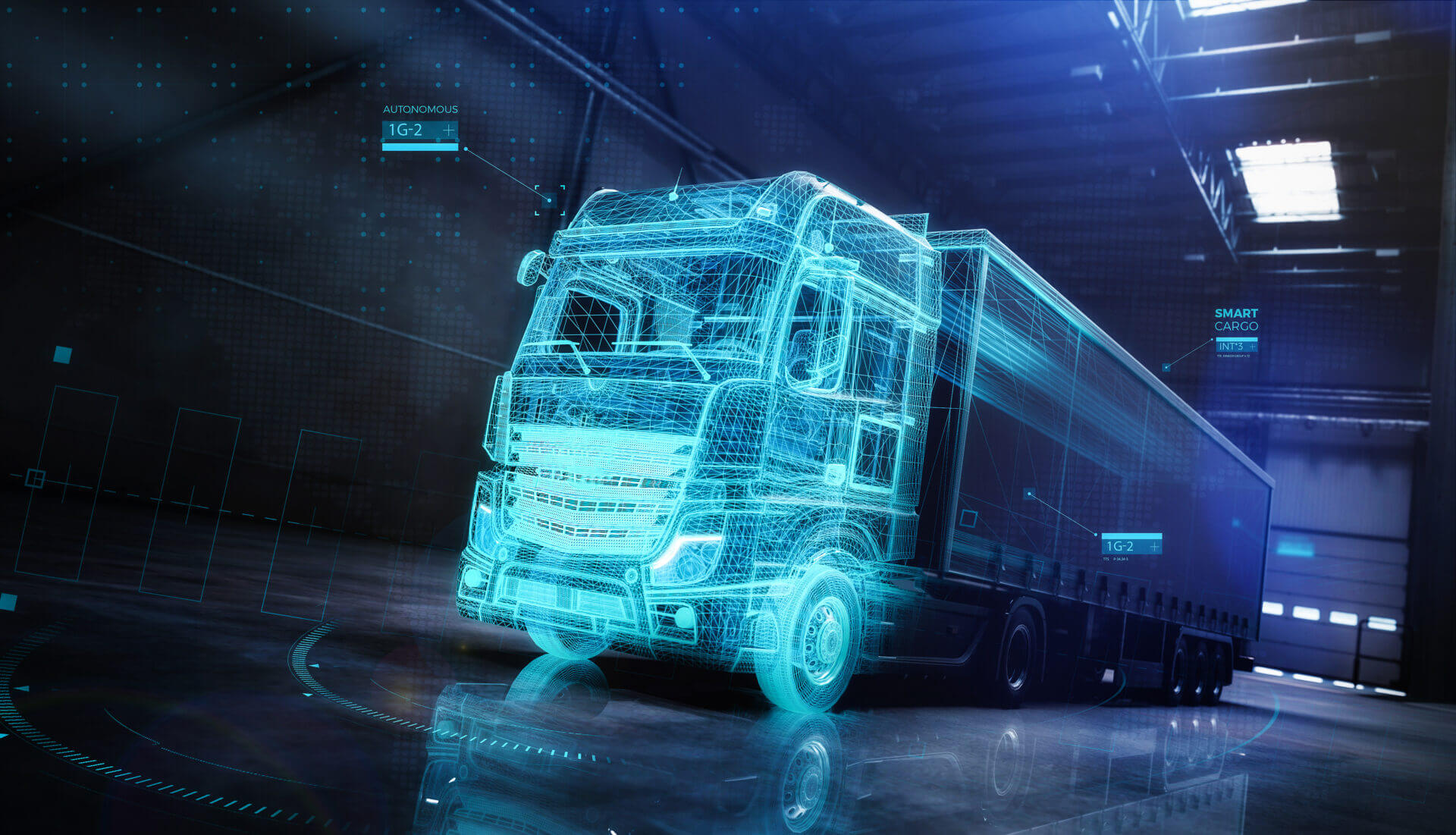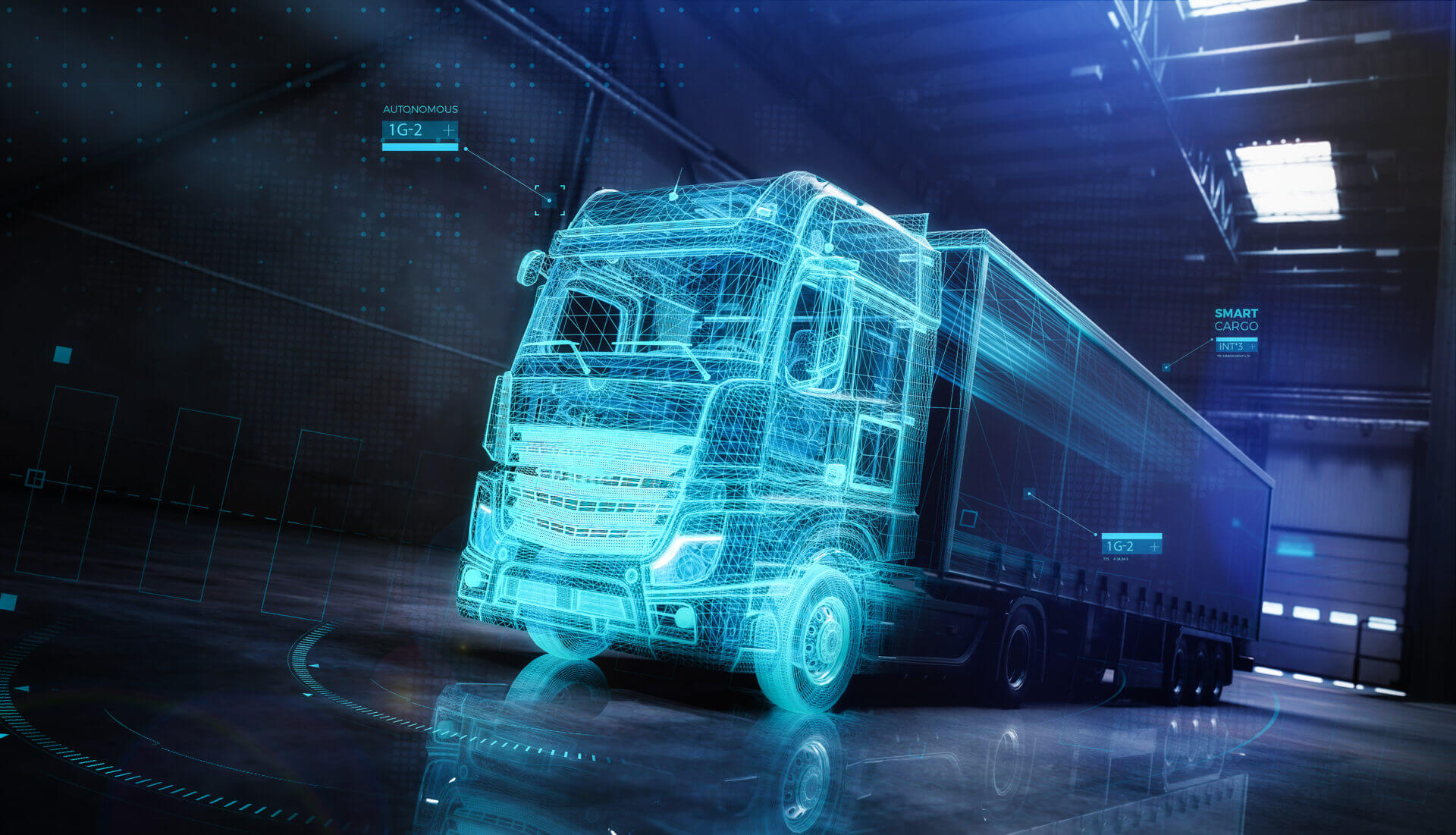The trucking and logistics sectors are constantly evolving across the globe. Modern technology and the digital world have played significant roles in this evolution, as have consumer behavior and the internet.
From driver monitoring and smart communications to safety technology and stability control, technology is making impressive in-roads. Here is how the digital world is changing and improving the trucking industry with every passing year.
Streamlined Communications
Internal communication networks for logistics businesses have improved considerably over the past decade. Modern technology allows every member of a trucking business, including office staff, managers, warehouse employees, and drivers, to communicate instantly and effectively in real-time.
Even the simple smartphone has revolutionised the way truck drivers perform their daily responsibilities. Drivers can now keep in touch with their managers and each other using hands-free communication technology and instant messaging. This ensures that their superiors stay up to date without posing any safety risks on the road.
The internet of things (IoT) has also improved the trucking sector’s communications. The IoT has allowed for the extensive monitoring and reporting of truck routes, in-cabin temperatures, and vibrations. It’s also capable of monitoring many other elements that affect the conditions and safety of each route and the driver. This technology tracks and streamlines deliveries on the roads. This ensures that customers and clients receive their orders in good time, and it minimises the incidence of lost, stolen, and damaged shipments.
Driver Monitoring
Modern driver monitoring technology gives trucking businesses the power to monitor driver progress, distance, routes, road conditions, and many other factors remotely. These tools improve trucking operations and the choosing of safe and time-efficient routes. They help to keep drivers on schedule without them taking unnecessary detours during delivery times.
Real-time traffic reports are another way in which technology is assisting trucking companies in improving and coordinating their delivery processes. Real-time traffic updates enable drivers and managers to select unobstructed routes, avoid potentially dangerous collision scenes, and keep to schedules as far as possible.
Innovative On-Vehicle Systems
The digital world has produced dozens of cost-effective and reliable technologies that can improve drivers’ performances on the road. This ensures both their safety and the safe delivery of their shipments.
For example, stability control technology can reduce driveline maintenance and prevent on-route collisions and accidents. Stability sensors measure steering inputs and side-to-side truck rotation and provide insights into how drivers can steer and drive vehicles more safely.
Anti-lock brake systems stop truck wheels from locking to prevent uncontrollable skidding during times when hard braking is necessary. Collision avoidance systems can reduce the severity of accidents by using radar and camera image recognition to detect risks of collision before they happen.
Lane departure warning systems warn truck drivers if their trucks have started to veer outside of their lanes. This phenomenon causes thousands of collisions on the roads each year. However, digital technology can minimise this risk and alert drivers of their errors and distractions to further eliminate risk. IoT-connected interior and rear view cameras help companies to train their drivers and prevent collisions. While blind-spot warning devices improve blind spot visibility and help drivers to avoid accidents on the road.
Streamlined Recruitment Processes
Trucking companies can now use digital recruitment systems to streamline the hiring and training process. This helps them to hire only skilled and certified employees for their businesses.
Automated recruitment systems streamline the hiring process by screening candidates and resumes, and automatically scheduling initial interviews. This frees up your company’s HR department to focus on hiring the right people for the role.
Fleet Management and Telematics
GPS fleet management systems boast more functionalities and features today than ever before. These features improve driver routes and track data related to fuel tax reporting. They also manage how drivers use vehicles within a fleet to minimise environmental impact, lower maintenance and repair costs, and potentially avoid expensive breakdowns on route.
Fitting drivers’ devices with GPS systems has helped many trucking companies to improve their fleets’ productivity and limit the unauthorised use of vehicles. As a result, they’ve slashed labor- and fuel-related costs. Fleet managers can now access real-time information gathered by GPS systems about the movement and statuses of their vehicles. This encourages drivers to stick to allocated routes without diversion.
Automated Business Analytics and Cloud-Based Computing
These two technologies have enabled businesses across the greater logistics sector to use the vast amounts of traceable data they produce to their advantage.
Business analytics tools can assist companies in improving the efficiencies of their fleets and adjust how resources are utilised within their companies. They assist in identifying and addressing issues before they turn into costly problems that can disrupt their operations and their schedules.
Piloted Drones
Major retailers like Amazon are already piloting programs to use drones to make truckless deliveries. Driverless vehicles are expected to become more commonplace in the future too.
These technologies are still in their infancy, yet they have significant potential to boost the productivity of the logistics industry. This gives trucking businesses even more options when it comes to delivering customer shipments in good time. It also allows for urgent supplies to reach remote areas, and creates new opportunities for delivering aid to areas that are unreachable due to socio-economic issues or natural disasters.
Platooning Technology
Many trucking businesses in first world countries are already trialing self-driving trucks and partially autonomous vehicles with great success. Some are also adopting platooning technology, which manages fleets of vehicles using remote driving support systems. This could potentially help to alleviate the ongoing driver shortage that the global trucking industry is currently facing.
Automation in Warehouses
Automation streamlines workplace operations, and it’s especially evident in the trucking industry. Previously, warehouse employees handled the full picking, packing and loading process manually. But the development of automated supply chain management systems changed this.
Today, these systems can automate warehouse staff’s responsibilities. Additionally, they ensure that goods get loaded onto trucks as rapidly, efficiently, and accurately as possible with a minimal margin of error.
A Tech-Driven Trucking Industry
The trucking sector has advanced rapidly over the past few years as new automated technologies have changed how deliveries are made for good. When trucking businesses can locate, manage, and deliver shipments with ease and speed, they’re better able to cover fuel, insurance, and payroll expenses. In doing so, they can also work out how to calculate profit margin to preserve their current and future revenue stream.
As technology progresses further, the sector may become even more streamlined. Especially as the adoption of driverless vehicles, automated route management systems, drones, and other autonomous tools increases.























